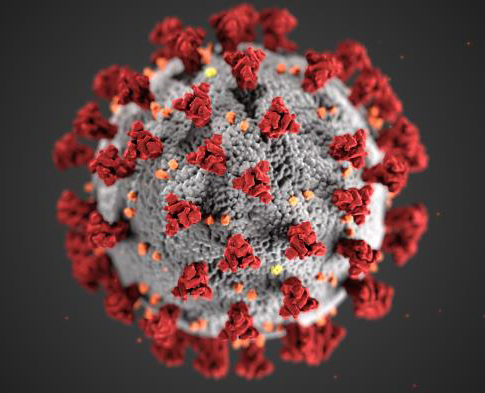 For those who have tested positive for Covid-19 in Lincoln, Public Health Nurse Tricia McGean will get in touch with people who are identified as “close contacts” of the patient—but the patient’s name will not be shared with those contacts if they don’t already know who it is, she said.
For those who have tested positive for Covid-19 in Lincoln, Public Health Nurse Tricia McGean will get in touch with people who are identified as “close contacts” of the patient—but the patient’s name will not be shared with those contacts if they don’t already know who it is, she said.
The March 27 Lincoln Squirrel story headlined “Second case in Lincoln confirmed; general procedures outlined” explained that close contacts of newly diagnosed cases of Covid-19 will be ordered into home quarantine for 14 days by the public health nurse after she receives notification of a positive case from the Massachusetts Department of Health. Some readers asked how they would know if they had been in close contact with the patient.
A “close contact” is defined by the Centers for Disease Control as someone who was within approximately six feet of a Covid-19 case for a prolonged period of time, or someone who had direct contact with infectious secretions of a Covid-19 case (e.g., being coughed on). “Close contact can occur while caring for, living with, visiting, or sharing a healthcare waiting area or room with a Covid-19 case,” the CDC says (see Footnote 2 on this page).
“Most close contacts already know about the person’s status, as these close contacts are often friends and families,” McGean said on March 28. “If they were on a bus, plane or train, it makes it more difficult, though planes not as much, as we know seat numbers. So, when I reach out to contacts, they may know the person or may not. I would never give the person’s name of the positive case. That is an extreme violation of HIPPA.”
HIPAA is the Health Insurance Portability and Accountability Act, a series of rules designed to protect patients’ medical records and other health information provided to health insurance plans and health care providers. The standards provide patients with access to their medical records and more control over how their personal health information is used and disclosed.
Leave a Reply